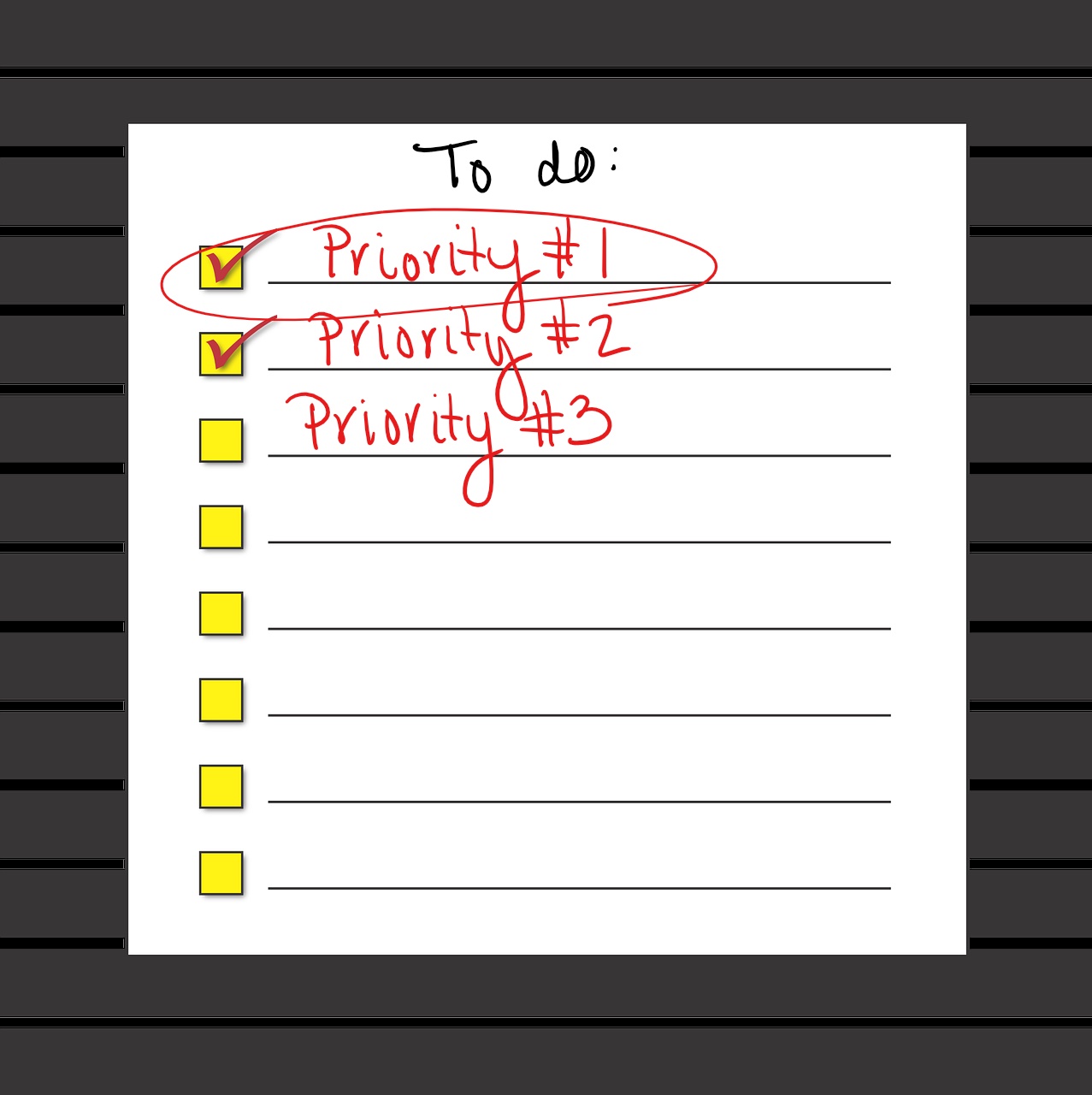Now It’s Time to Give the Project A Dollar Amount

The next step in the “Blueprint for Building a Better Proposal” is to determine the price for the project. We’ve talked a lot about the importance of communication to provide a clear description of the work to be performed. Now we’ll go through the process of determining consistent and accurate prices.
Poor communication will cause heartache, poor pricing will cost you money.
We’ve gathered the necessary information and prepared the Scope of Work so let’s put some numbers to the project.

Here we’ll combine the next two steps in the process; determining what pricing is needed for each specific construction tasks to be performed and quantities pertaining to each.
STEP 3 – PRICING THE PROJECT
This process uses two different Excel spreadsheets:
The Worksheet –
An Excel spreadsheet with all the construction sections and tasks listed out with optional overhead and profit markup formulas inserted in the appropriate locations.
The Data Base –
An Excel spreadsheet with prices for material and labor for a wide variety of specific construction tasks.
Based on the descriptions on the Bid Sheet, content from the Data Base will be copied and pasted into the correlating cells on the Worksheet.
EXAMPLE PROJECT:
Using Jane Smith’s Scope of Work for her laundry/sewing room addition we’ll determine the right information that needs to be copied from the Data Base and pasted to the Worksheet. Reference the Smith, Scope of Work here.
Questions need to be answered like:
Which tasks need to be inserted into the Worksheet? Many of the tasks have options; which to use, will depend on the specifics of the project.
For example; How is the excavation, trenching and landscaping going to be done…with a skid loader, mini excavator, by hand or a combination?
Smith, Addition – Scope of Work, Sitework Section:

Data Base:
Copy pertinent cells to be pasted to the worksheet. (highlighted cells)

Smith Addition – Worksheet, Sitework Section:
Paste copied cells in worksheet template. (highlighted cells)

More questions that need to be answered:
Is the footing going to be formed with wood or poured in the ditch without any forms?
Smith, Addition – Scope of Work, Foundation Section:

Data Base:
Copy pertinent cells to be pasted to the worksheet. (highlighted cells)

Smith Addition – Worksheet, Foundation Section:
Paste copied cells in worksheet template. (highlighted cells)


After the pertinent information from the Data Base has been placed on the Worksheet it’s time to fill in the specific quantities. This will then provide the prices for the work to be done.
STEP 4 – QUANTITIES
On the Worksheet you will fill in the quantity needed to do the work on that line item. This may be lineal feet, square feet, square yards, cubic feet, cubic yards or numbers of pieces. Once this is completed you will now have prices for the Proposal.

Notice the highlighted cells in this spreadsheet. These are adjustments made due to the attributes of specific tasks on specific projects. In the case of this project the small size and location of the work in the back yard require some additional work and therefore additional cost.
I know this is a lot of content and information but it’s not as scary as it appears at first glance. The question that you need to ask yourself…
Do I want to be intentional at serving the customer’s needs at a profit or just guess and take a chance?

The next step is to bring all the pieces together in a thorough and accurate proposal that will give the customer a clear picture of what they’re getting and how much it’s going to cost. Check back next week for this part of the process.












 In the first post of this Blueprint for Building A Better Proposal series, I wrote about this communication problem and that
In the first post of this Blueprint for Building A Better Proposal series, I wrote about this communication problem and that 




 In the first post of this Blueprint for Building A Better Proposal series, I wrote about this communication problem and that
In the first post of this Blueprint for Building A Better Proposal series, I wrote about this communication problem and that 




 STEP 1 – Gathering Information
STEP 1 – Gathering Information Next is putting prices to the project. This process involves two different Excel spreadsheets, the Worksheet and the Data Base. Based on the descriptions written on the Bid Sheet, content from the Data Base will be copied and pasted into the correlating cells on the Worksheet. After the pertinent information from the Data Base has been placed on the Worksheet it’s time to fill in the specific quantities.
Next is putting prices to the project. This process involves two different Excel spreadsheets, the Worksheet and the Data Base. Based on the descriptions written on the Bid Sheet, content from the Data Base will be copied and pasted into the correlating cells on the Worksheet. After the pertinent information from the Data Base has been placed on the Worksheet it’s time to fill in the specific quantities.







 He asked if this was a problem. My partner told him no, it wasn’t a problem. Guess what…
He asked if this was a problem. My partner told him no, it wasn’t a problem. Guess what…
 What if I told you that there is such a system and you could have it? There is and it’s going to become available in the next few months. Over the next several weeks we are going to breakdown the system, go through the different documents and processes in detail and explain how it works.
What if I told you that there is such a system and you could have it? There is and it’s going to become available in the next few months. Over the next several weeks we are going to breakdown the system, go through the different documents and processes in detail and explain how it works.







 Trying to DO EVERYTHING for EVERYBODY has been something that I have always struggled with. There’s just so many great things to be done and someone needs to do them. It never works any time anybody tries it. We have to learn to say no.
Trying to DO EVERYTHING for EVERYBODY has been something that I have always struggled with. There’s just so many great things to be done and someone needs to do them. It never works any time anybody tries it. We have to learn to say no.


 Currently we are sitting in the hotel lobby, waiting to get back into our room, which we are locked out of and our stuff is inside the room. It appears that the battery on the electronic code reader is dead. Technology’s great…when it works.
Currently we are sitting in the hotel lobby, waiting to get back into our room, which we are locked out of and our stuff is inside the room. It appears that the battery on the electronic code reader is dead. Technology’s great…when it works.